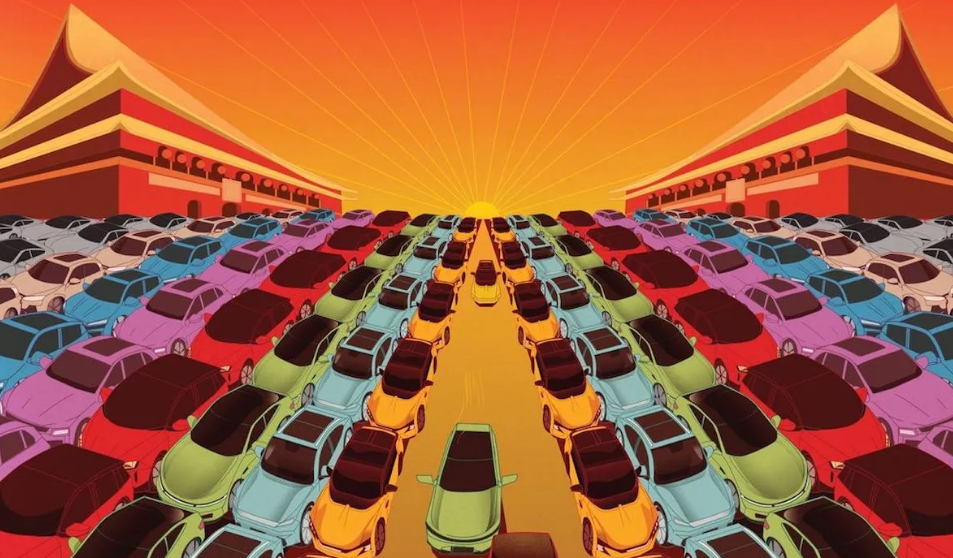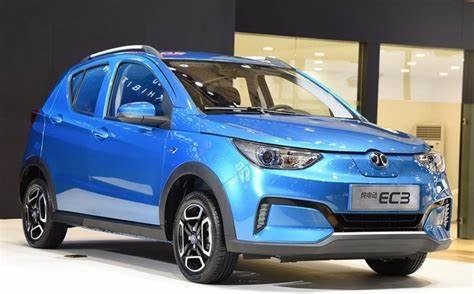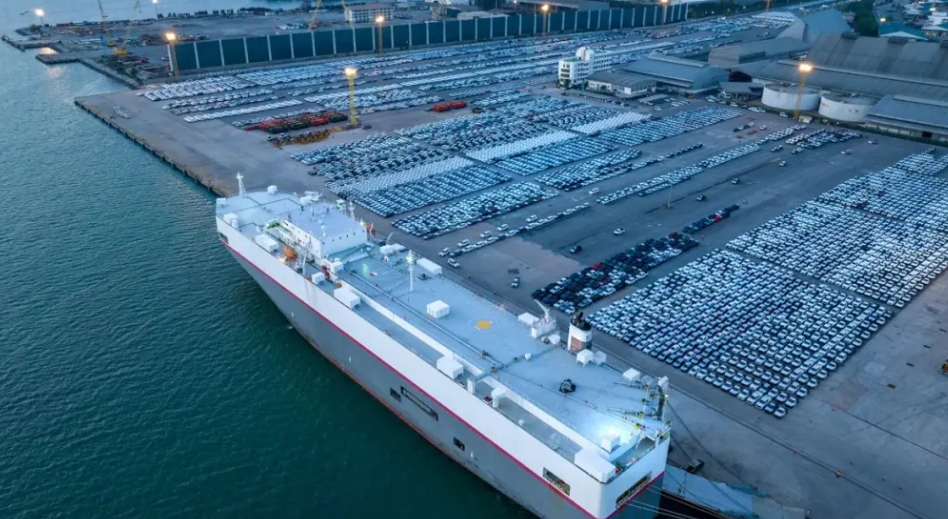
Chinese green energy EVs are transforming the global car industry as legacy makers like Ford, Nissan and Honda falter and retreat.
More than 50% of all cars sold in China last year were electric vehicles, making China by far the largest EV market in the world.
The exponential growth of EVs and new energy vehicles (NEVs) is having a positive impact on the air quality in major Chinese cities. Shanghai, Guangzhou and other major Chinese cities have reported notable improvements in the Air Quality Index (AQI).
Chinese EV makers are rapidly expanding overseas. Approximately 80% of all EVs sold in the world last year were made in China. Many EVs from legacy automakers like Ford, Nissan and Kia are made in China or rely on Chinese suppliers for key components like batteries. China accounts for 75% of the world’s battery cell manufacturing capacity.
The Chinese government has subsidised its EV industry with over US$200 billion in the past decade. The investment was part of China’s program to achieve carbon neutrality by 2060.
The government also uses subsidies to boost the development of batteries, wind turbines, solar panels and other green tech. The country develops more renewable energy capacity than the rest of the world combined.

The explosive sales of EVs are transforming the Chinese and the global automobile industry. Sales of most legacy (internal combustion engines) car makers are cratering, in some cases by over 10% a year.
Several foreign makers of internal combustion energy (ICE) vehicles in China are closing factories and showrooms. Even prestigious brands are struggling. Porche is closing 35 of its 138 dealerships in China.
.The China EV industry has been built from the ground up, and entirely with Chinese production technology. The industry is vertically integrated and outsourcing is kept to a minimum. Vertical integration leads to considerable advantages in quality control, speed, and cost. Chinese EVs are, on average, half the price of EVs produced in foreign markets.
China’s top-selling brand BYD has taken vertical integration to a new level. The car giant controls everything from mining source materials to shipping cars across the world. The company owns lithium mines, makes battery packs, and operates an EV insurance company that covers all parts of the EV supply chain.

Earlier this month the company launched the BYD Shenzhen, its fourth car carrier. The vessel has a capacity of 9,200 electric cars
Global disruption
The electrification of mobility, the biggest disruption in the history of the automobile industry, is shaking up the global car industry. Nearly all legacy car makers are struggling while Chinese EVs are rapidly expanding globally, opening factories abroad or taking over existing factories from legacy makers.
BYD, which recently acquired a Ford factory in Brazil, is building new plants in Hungary and Turkey. China’s Chery Auto started producing EVs in Barcelona with Spanish joint-venture partner EV Motors. Earlier, Great Wall Motors purchased General Motors plants in Thailand and India.
Japanese makers are also in retreat. Several Japanese automakers have scaled back or ceased operations in China, the result of intensified competition from local manufacturers and the rapid shift toward EVs. Mitsubishi withdrew from the Chinese market and Nissan halted production at its Chinese plant. Honda faces declining sales in China and is reducing its production capacity.
According to unconfirmed media reports, Chinese EV makers also have their eyes on Germany, the epicenter of European car production. Volkswagen plans to end production at its Dresden plant in 2025 and its Osnabruck plant in 2027. Chinese companies BYD, Leapmotor and Chery Auto are said to be exploring options to acquire the German plants.
Production facilities within the EU would enable Chinese car makers to circumvent EU tariffs on EVs imported from China and strengthen their presence in the EU. Last October, the EU Commission announced tariffs on Chinese cars of up to 37% in addition to the existing 10%.
Read the whole story at China's EVs driving world into the post-carbon energy era - Asia Times